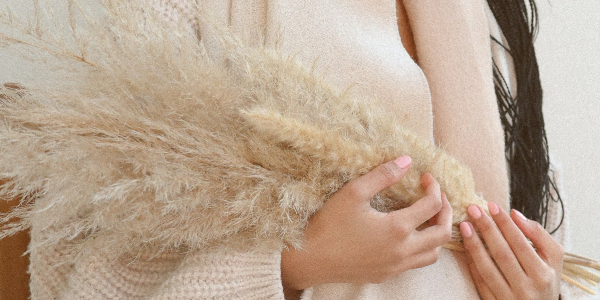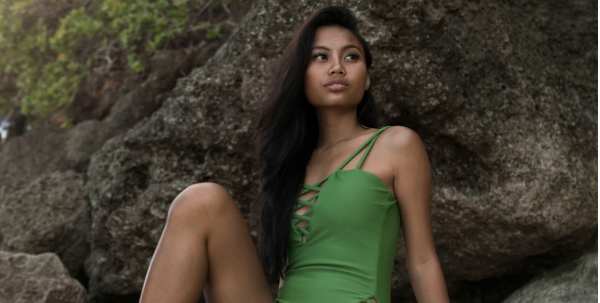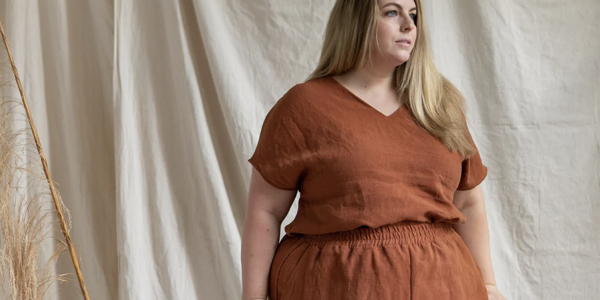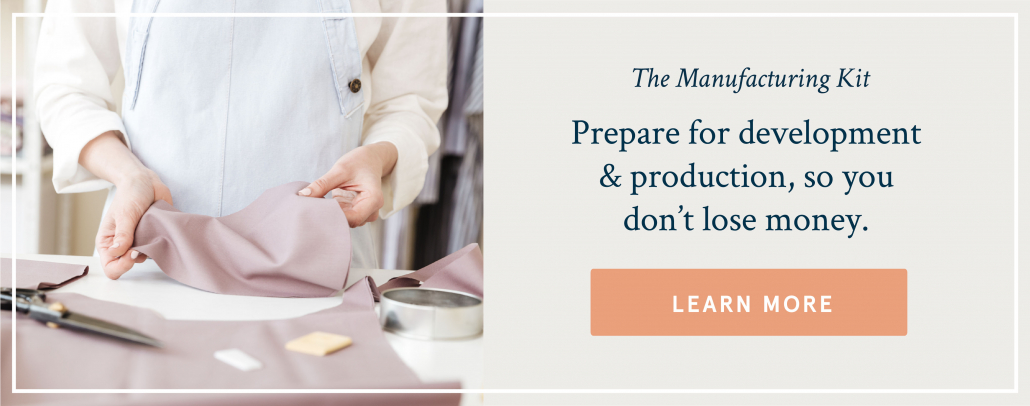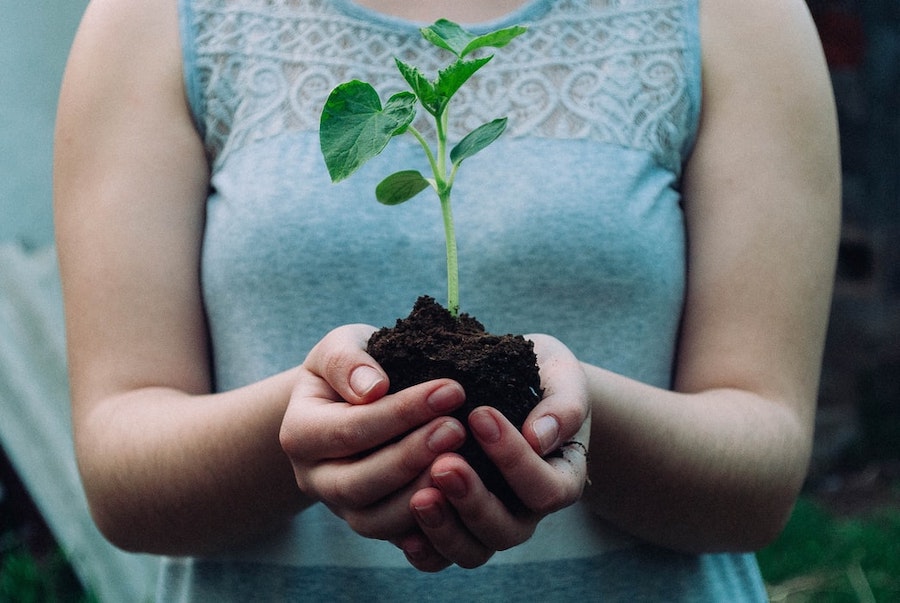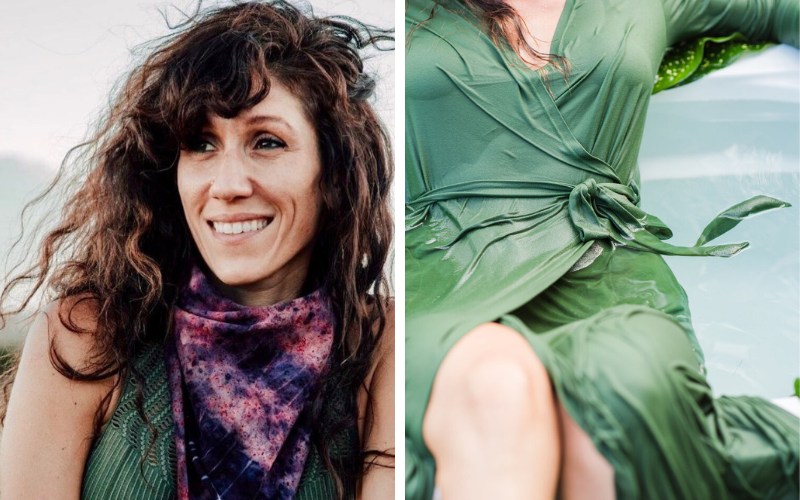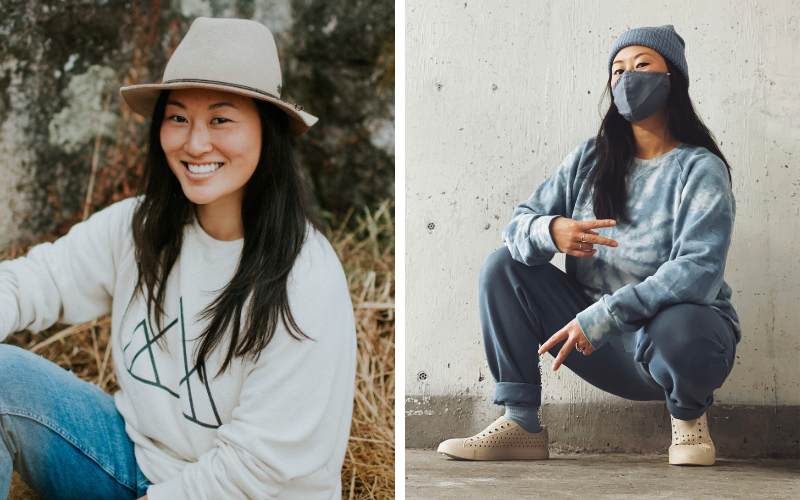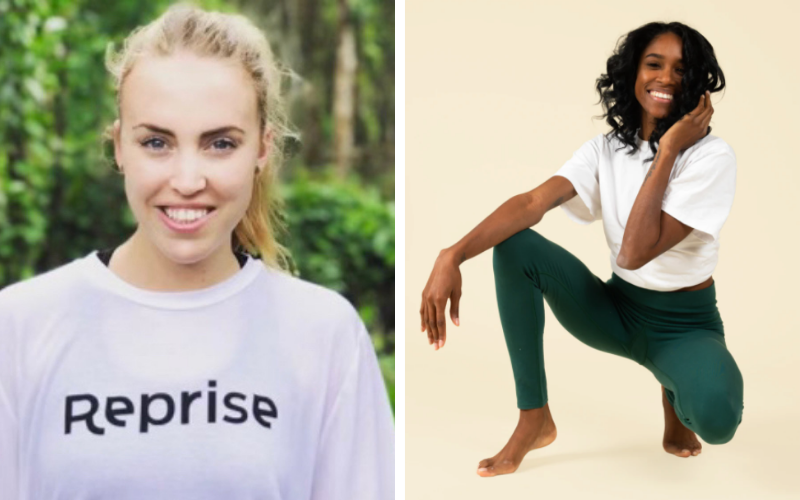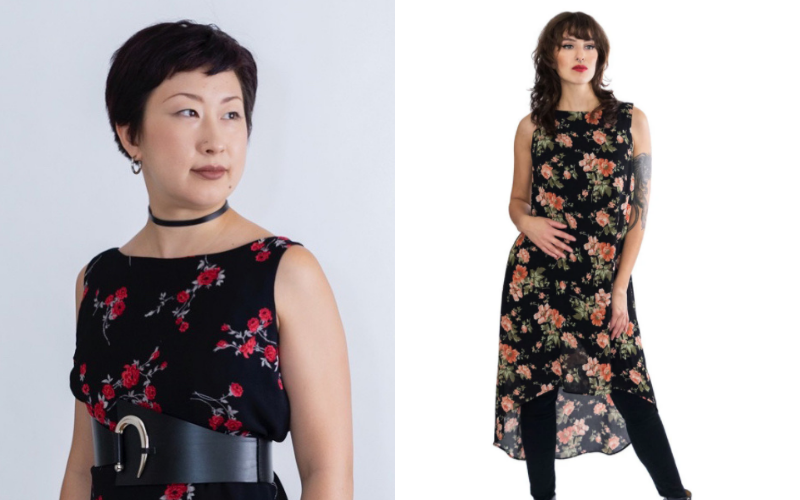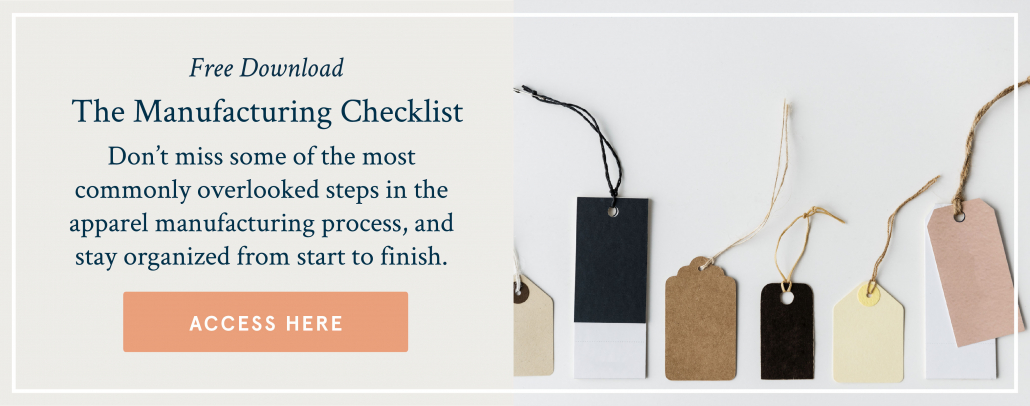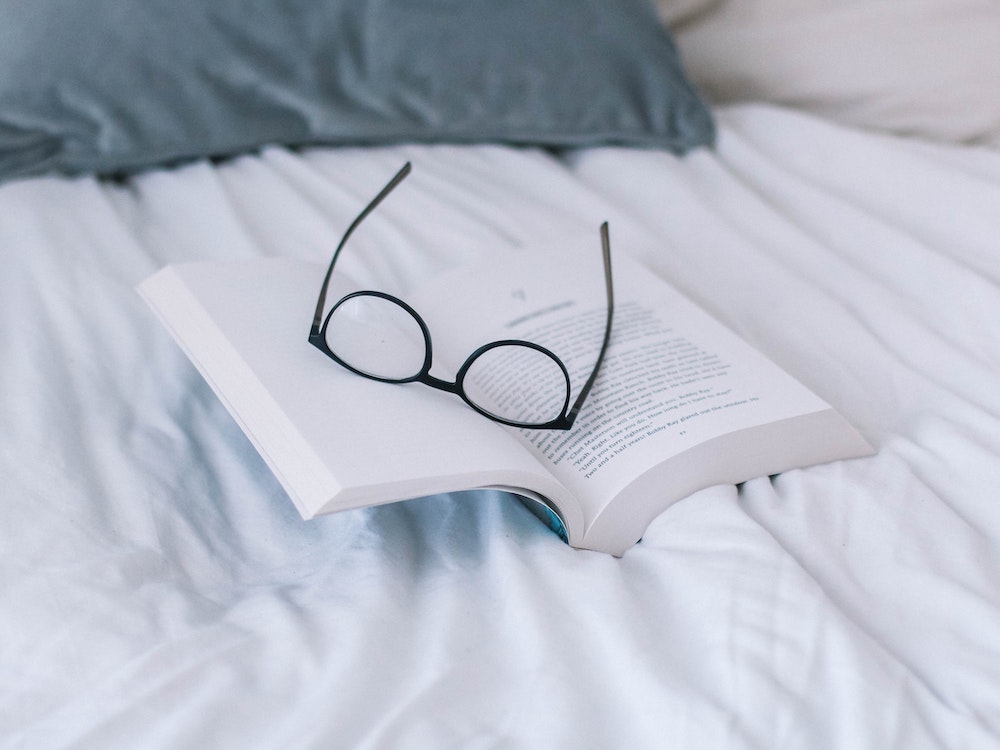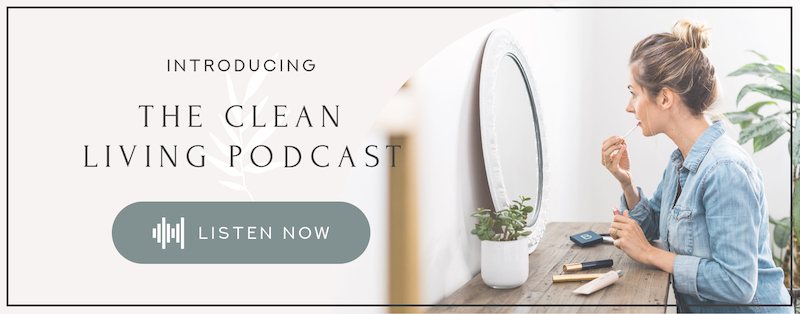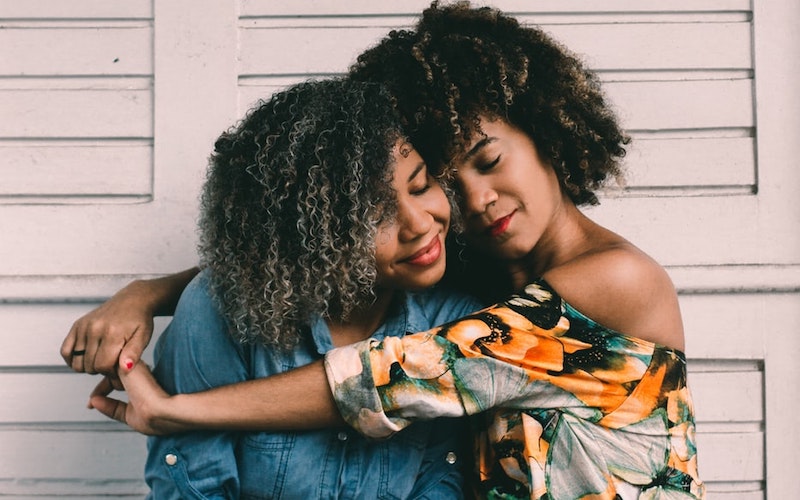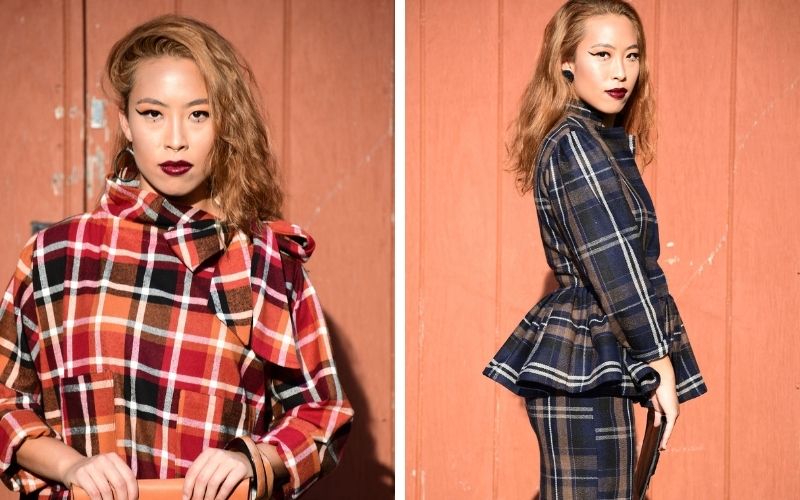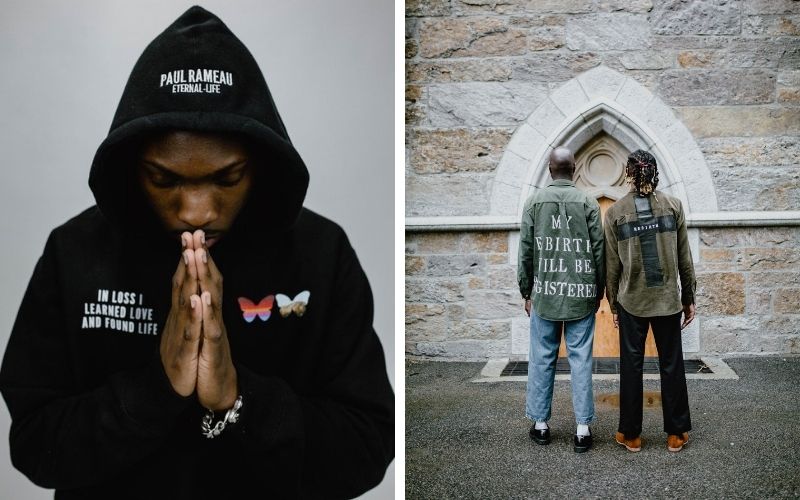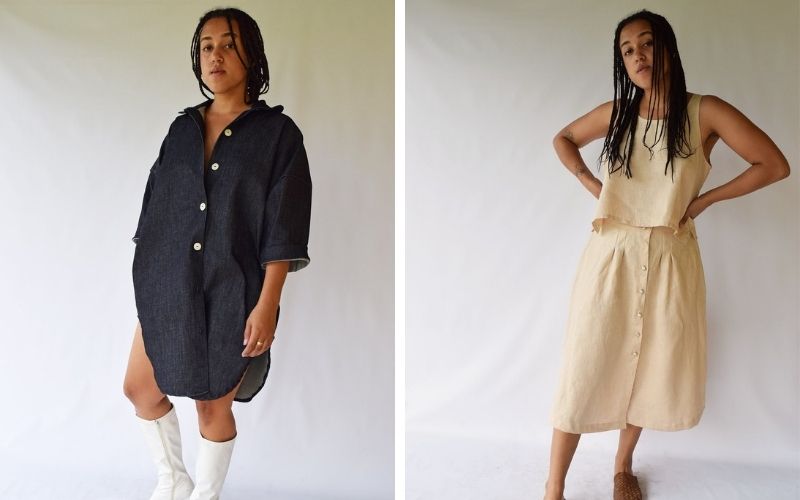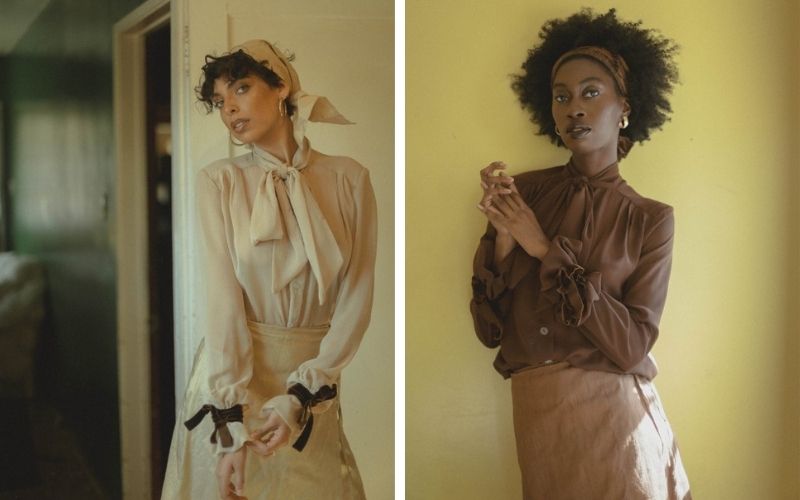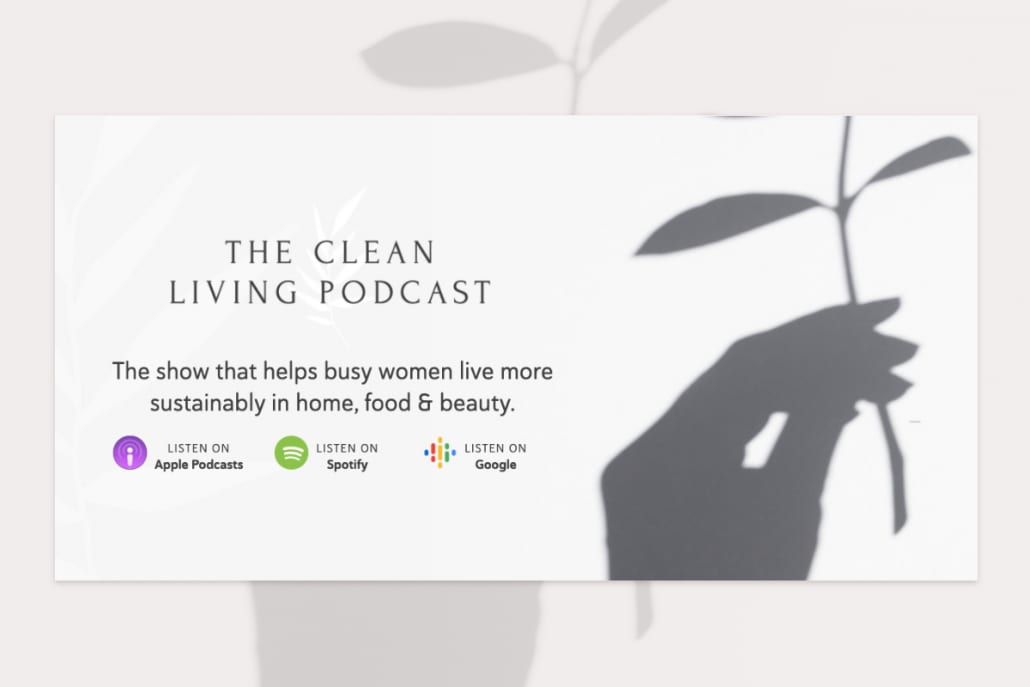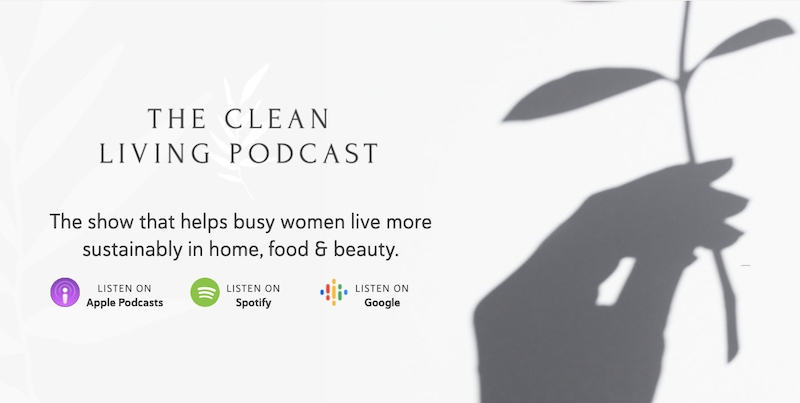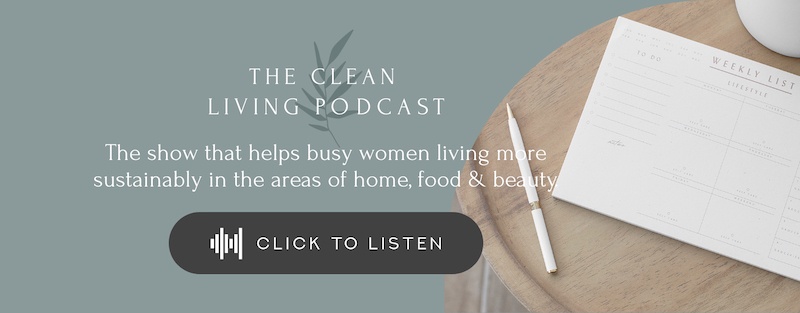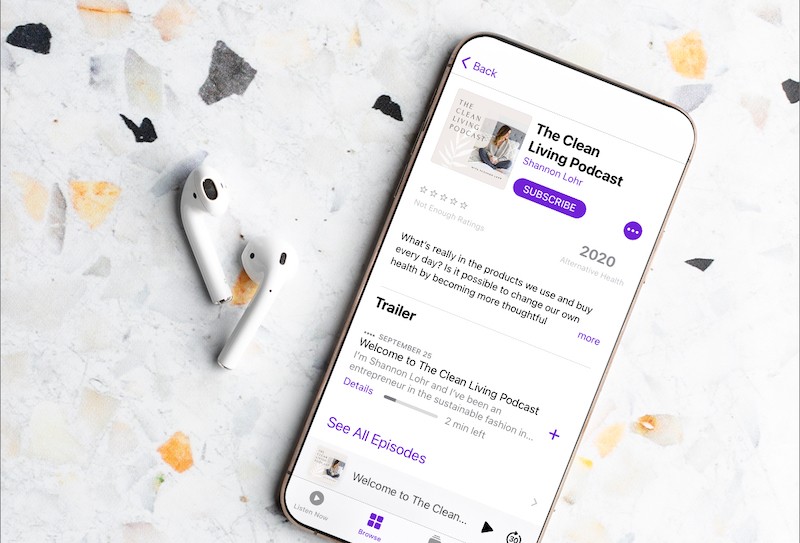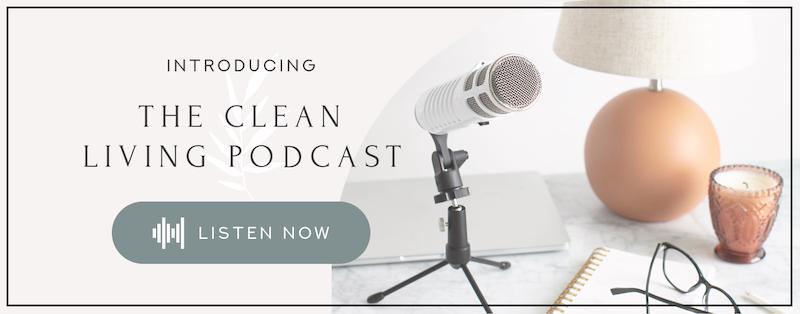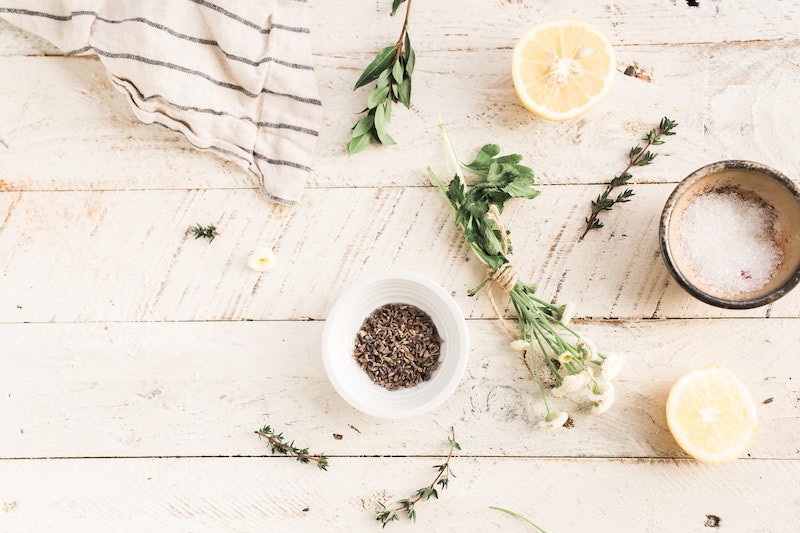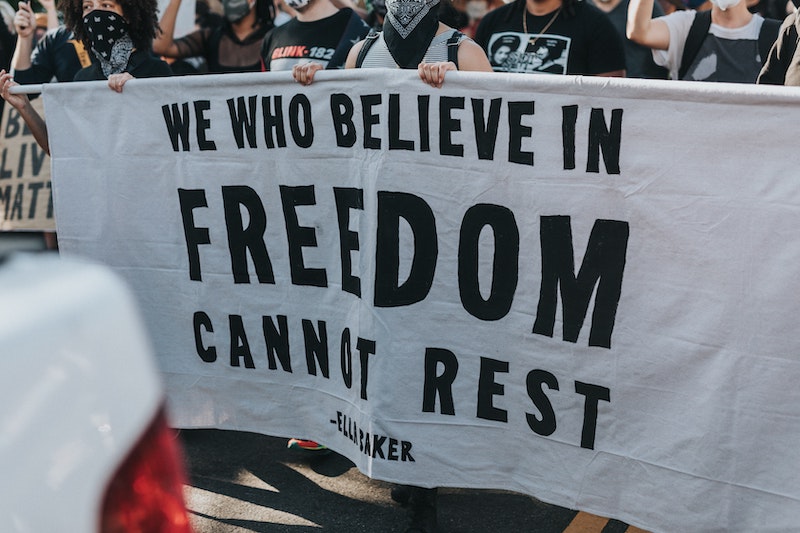The Fashion Business Summit is tomorrow! This is a one-day, online event for early-stage fashion entrepreneurs who want to take action, pursue their passion and make 2023 the year they start selling.
During the Summit, we’re hosting a Pop-Up Shop of sustainable fashion brands (with a 15% Summit discount!)
Here is the Market Lineup:
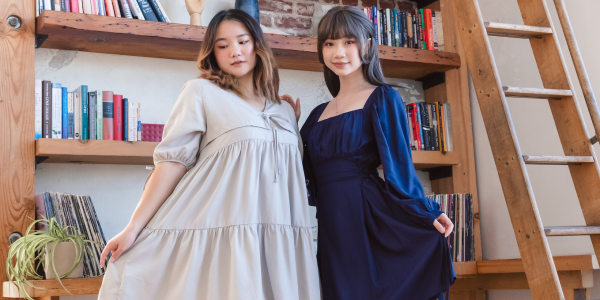
Womenswear
Maison Mikumo is an independent slow-fashion brand featuring timeless, feminine designs with Japanese & Korean style influences.
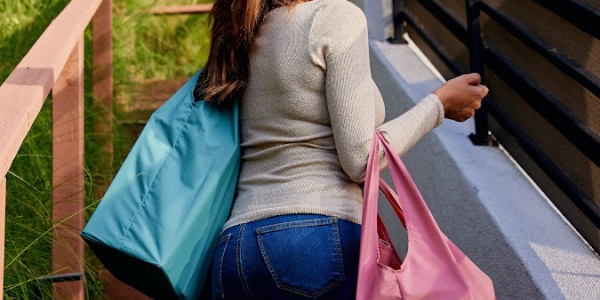
Accessories
Elevating Eco-Friendly with Lifestyle Bags that Combine Style with Sustainability.
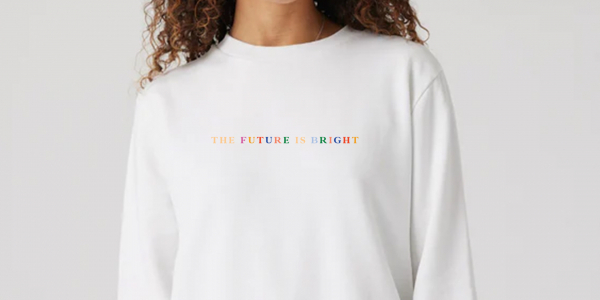
Unisex Apparel
The Bright Factory is creating dignified employment for formerly incarcerated women and currently fundraising the cost of equipment for our factory through the sales of our ethically made sweaters and tees.
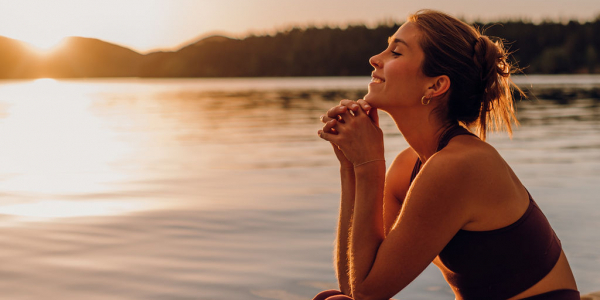
Activewear
Reprise is a line of plant-based activewear aimed at reducing the amount of plastic in our clothing and on our skin.
Accessories
LIYA Collective is a slow fashion brand of minimalist, natural fiber accessories for the modern woman, sustainably made around the world.
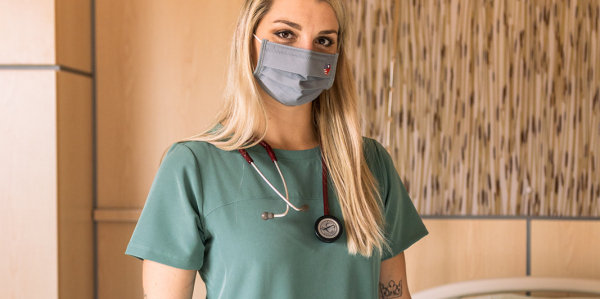
Medicine Mountain Scrub Company
Medical Apparel
Ethically Manufactured. Sustainably Sources. Mountain Inspired. Medical Workwear for Women.
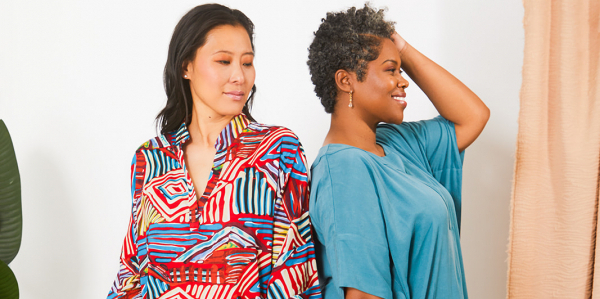
Women’s clothing
Dessous Loungewear is for women who want clothing that’s chic, comfortable, timeless and easy on the Earth.
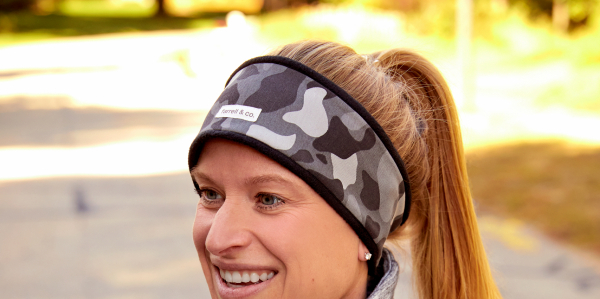
Accessories
Fun, lightweight, rollable headwear that will keep up with you.
Swimwear
Santos Swim is a globally-conscious swimwear brand with versatile styles made of regenerated materials.
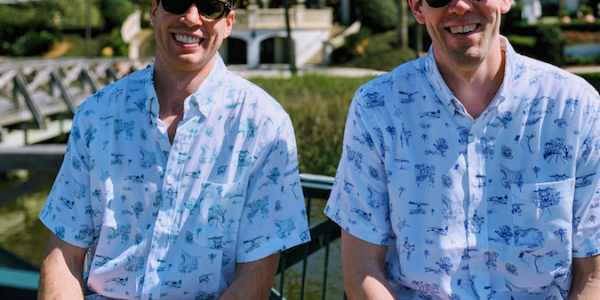
Menswear
Stories illustrated on clothing
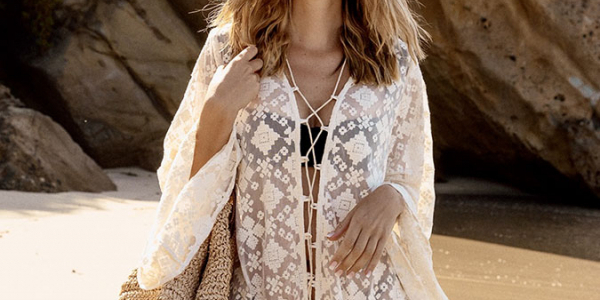
Swimwear
Sustainable swimwear and resortwear for the jet set worldly traveler
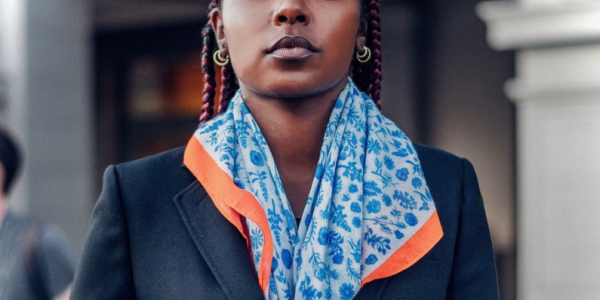
Accessories
Scarves that plant environmental awareness.
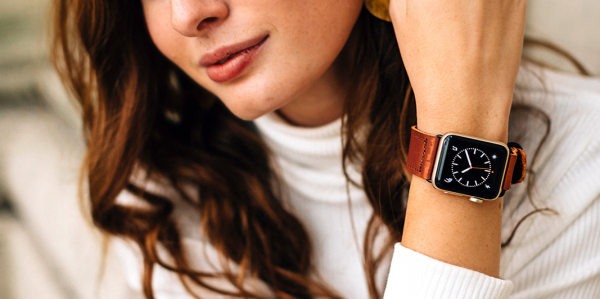
Accessories
Liz Riden is a small batch accessories brand, all made by hand in Lancaster, PA.
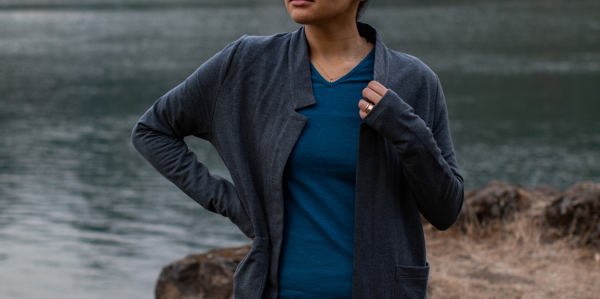
Size/Gender Inclusive Clothing
Hope Continues is a size and gender inclusive slow fashion brand for the sexy minimalist.
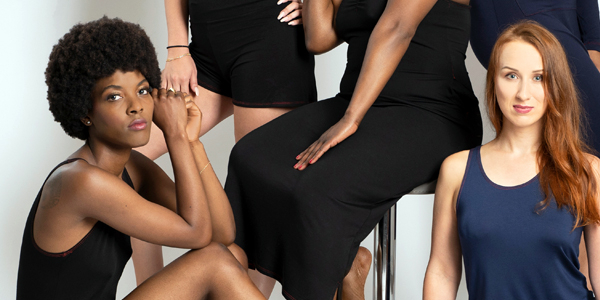
Sleepwear
I Love My Nighty is an eco-friendly sleepwear brand that has reimagined comfortable loungewear and modernized the nightgown for today’s fashion savvy sleeper.
Swimwear
Bambina is a swim and resortwear brand committed to making women feel happy, beautiful and confident by providing them with products they can look great in and feel great about purchasing.
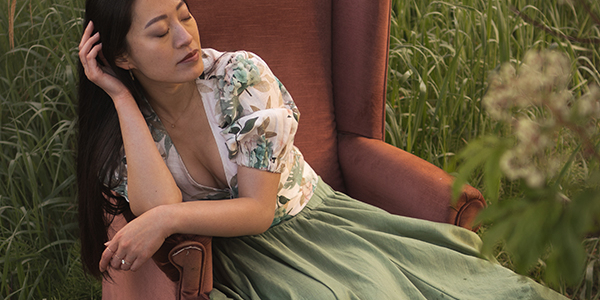
Womenswear
A cottagecore sustainable fashion house
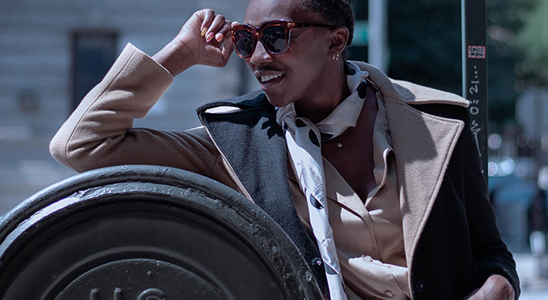
Womenswear
Anna Gray Collection creates lively outerwear for women looking to add a little merriment, joie de vivre, and color to their lives.
Womenswear
Nicole & Rose is a size inclusive slow fashion brand focused on empowering women to be their most authentic, beautiful and worthy selves.
There is still time to register for The Fashion Business Summit and receive free business resources to kickstart your entrepreneurial journey this year.
Register for your Summit VIP Pass here.
I can’t wait to see you there!

